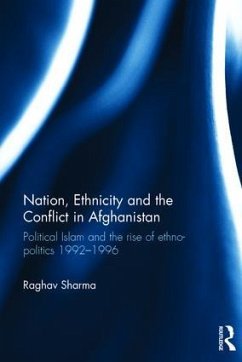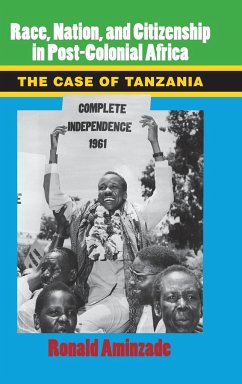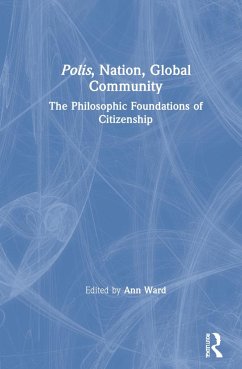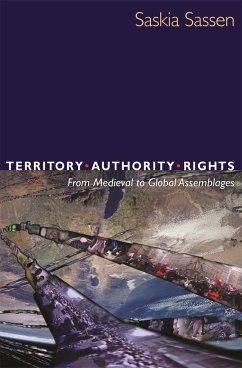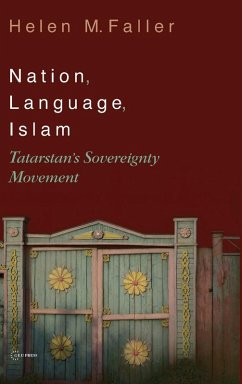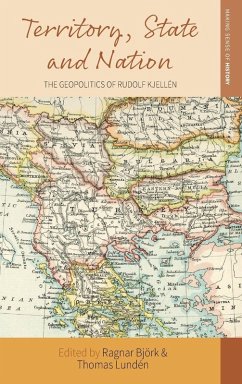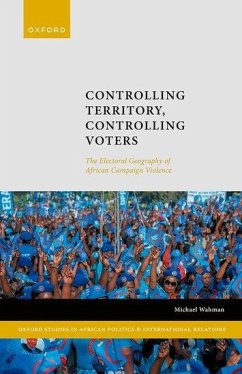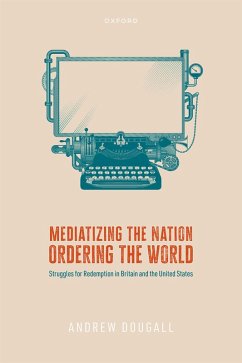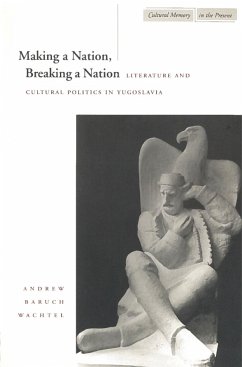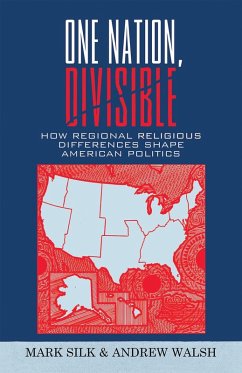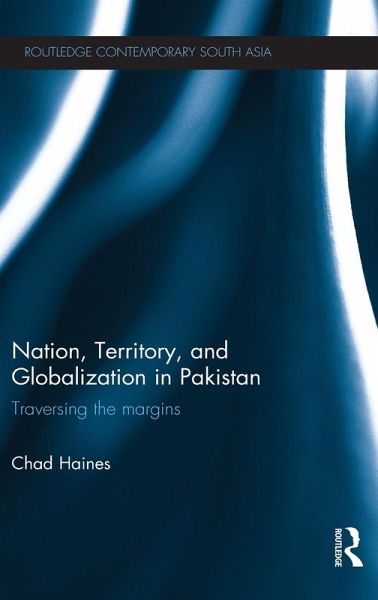
Nation, Territory, and Globalization in Pakistan
Traversing the Margins
Versandkostenfrei!
Versandfertig in 1-2 Wochen
177,99 €
inkl. MwSt.

PAYBACK Punkte
89 °P sammeln!
The Karakoram Highway was constructed by the Pakistani state in the 1970s as a major development project that furthered the national interest and solidified state control over the disputed region of northern Pakistan. Focusing on this highway, this book provides a unique analysis of the links between space, travel and history in the formation of the Pakistani nation-state. The book discusses how the highway was a symbol for an imagined national identity, and goes on to look at how it offered Pakistan a pre-Partition history and a fixed territory, by providing a historical link to the Silk Route and a contemporary geographical linkage to Central Asia. Examining the influence of the diverse travellers along the Karakoram Highway, the book shows how global flows of development, trade, labour, and tourism have remapped the Pakistani nation-state and reshaped the local. Providing a fresh perspective on the nation-state of Pakistan, this book is an important contribution to studies on South Asian History, Anthropology, Politics and Geography.





